As part of our Notary Public London campaign to explain all aspects of the Notary Public business in clear, jargon free terms, today we’re going to examine the historic roots of the ‘scrivener notary’.
The term scrivener originally referred to a writer or scribe. Unlike a Notary Public in London today, their job was simply to transcribe the spoken word accurately, most often in the service of kings or noblemen. Indeed, Notaries first appear as members of the Worshipful Company of Scriveners in 1382, to mark the appointment of the Archbishop of Canterbury to the appointment as a Legate of the Pope.
Notary Public London is a term with which many are familiar today, and in this medieval incarnation of a Notaries Public, London was indeed the only city in which they were licensed to practice, and their remit extended mainly to the overseeing of property transactions.
The word Notary was later introduced to the suffix of scrivener to underline the fact that the role of a Notary Public in London was no longer merely to record various transactions in an age of widespread illiteracy, but also to verify the authenticity of the transaction. Even today, a Notary Public in London (or elsewhere for that matter) has a duty of care to the transaction itself, rather than to their client as is the case in other areas of the law.
For further information on either the historic role of a Notary Public in London, or for details of the services provided by MD Pryke Notary Public, please contact us via the usual channels.

0 Comments